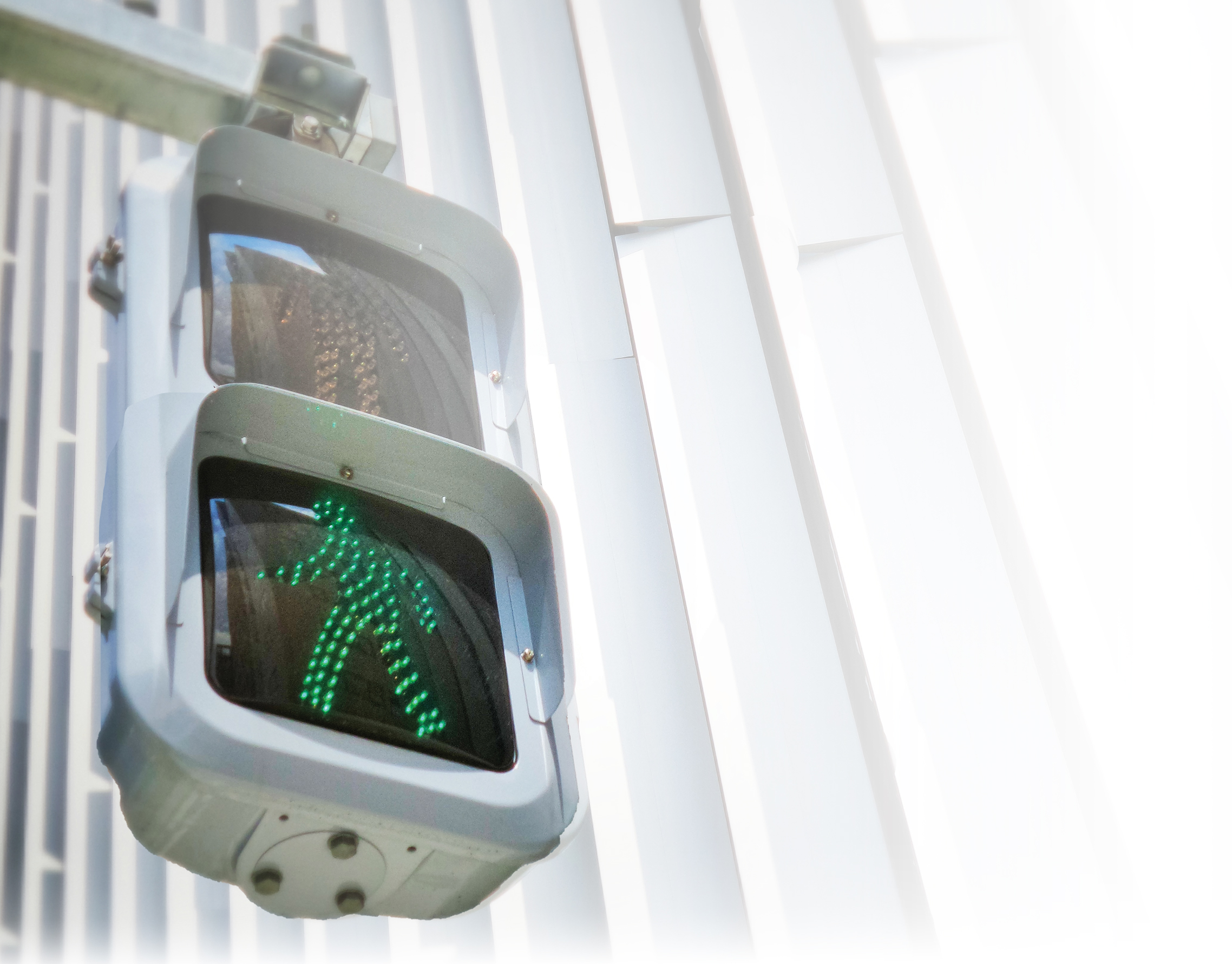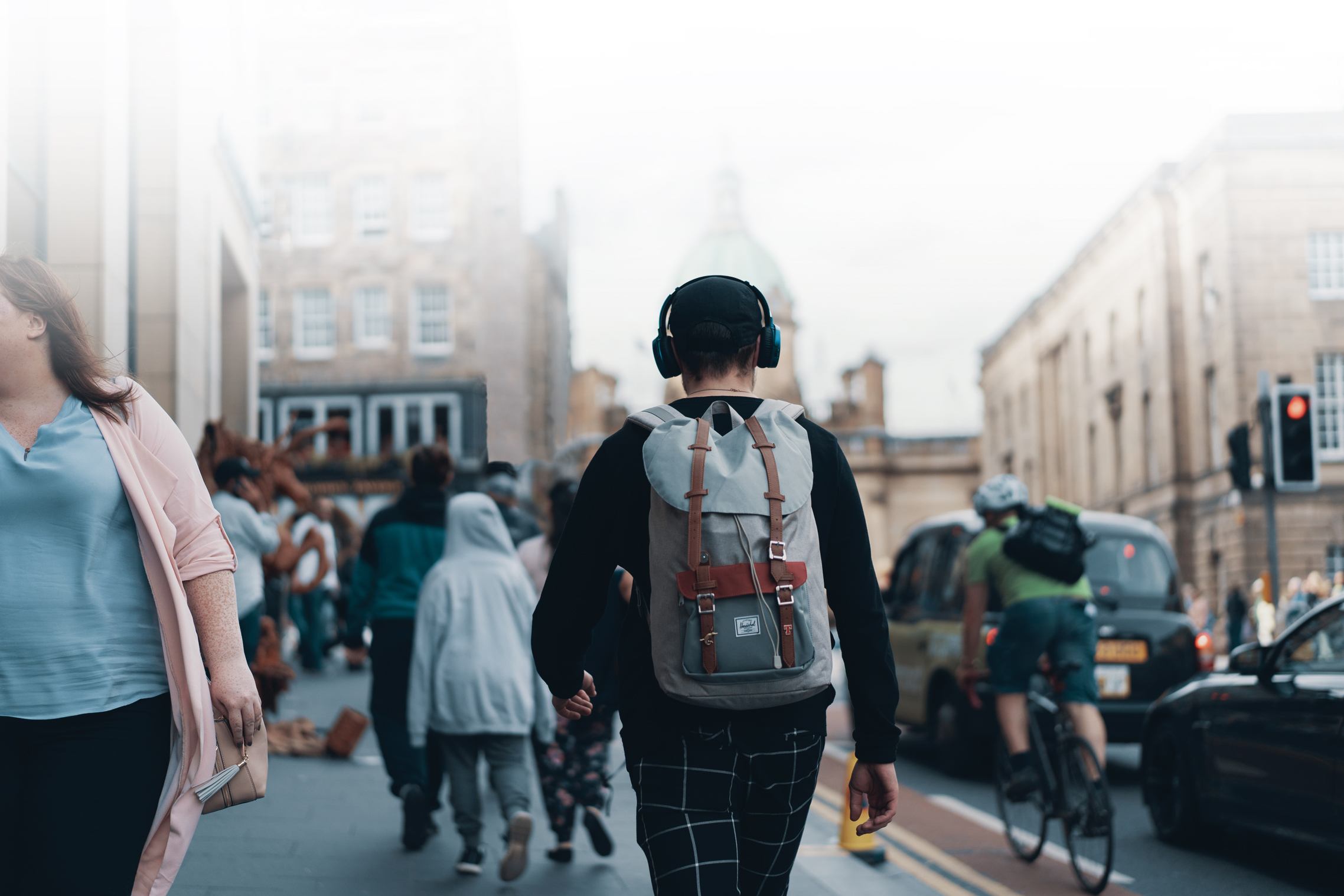
Moving Forward
Museums and social action
Vanda Vitali, Ph.D.
This issue of Muse arrives just as we are all preparing for the CMA National Conference and General Meeting. We looked forward to seeing everyone in person, but our Newfoundland partners, conscious of the health risks posed by the pandemic, thought that we had better be safe. So, we pivoted to an online meeting. On balance, we expect this will enable a broader range of presentations with pan-Canadian and international perspectives and themes.
The past year has been the most difficult and disruptive year in decades for everyone, including those in our sector. It has affected all of our institutions, our society and our economy. The pandemic has also sharpened our focus and helped us to understand museums’ strengths, vulnerabilities, and future needs.
Hence, our conference program will focus on two broad areas: 1. Technical issues that will allow our sector to transition more effectively to the near and more distant futures; and 2. Museums and social issues. The CMA action plan and programs will emphasize matters such as environmental sustainability and museums; museums and equity, diversity, and inclusion and reconciliation. You can anticipate the CMA addressing these topics in our publications, professional development activities, and additional online programs, as well as the upcoming annual conference.
This issue of Muse addresses the role of museums in promoting environmental sustainability. We want to encourage and inspire our colleagues to develop approaches in which their institutions can participate constructively in addressing this important social issue, both internally and externally.
In order to do so, it is imperative to take the time to examine what are the most effective ways in which museums can address environmental and closely related social issues of our time. I am not suggesting museums do not play an important and active social role, but I would argue that it is important to recognize that museums are not effective instruments of policy making.
Museums are institutions with roots from another era and different circumstances. Their principal task has been to preserve heritage, to make it visible and more accessible, and to attach interpretive narratives and links to that heritage. In preserving objects and interpreting their cultural meanings, museums move individuals intellectually and emotionally and make them more appreciative of communality of social expressions and needs and what social evolution may represent and entail. A part of our inability to effect social change is structural. It resides in organizational practices and the way society is set up. Changes in social structure take time and continuous efforts resulting in incremental progress.

So, how can museums best contribute to environmental and social change in today’s world?
Social psychology research demonstrates that people change their attitudes when they are in environments with diverse groups of people, who express their distinct values and thoughts through dialogue resulting in shared emotional connections and receptivity to new perspectives. Declarations and information presenting alone ultimately have very little effect on changing attitudes.
Museums’ staff, as well museum governing boards, can only benefit from diversity across all lines of differences. Museum projects need to be designed and carried out by teams that offer multiple perspectives. Museum conferences and other professional forums also need to include dialogues among people with different viewpoints and backgrounds, rather than rely on single-perspective papers, when presenting social issues. It is the physical and emotional experience integrated with the intellectual that results in bonds of respect and opens minds.
The establishment of a forward-looking national museum policy that integrates the aims and perspectives of diverse groups is a fundamental element in moving the museum sector forward in many ways, including their contributions to progressive environmental and other important social changes. It is an initiative that all museums and professionals in the field need to strive for in the near future. The vision of change built on mutual respect that esteems values and perspectives of “others” is fundamental. Creating and fostering such relationships takes effort and time. Museums are institutions that fundamentally respect cultures and I believe that they will evolve into more inclusive institutions, respecting of our differences while celebrating our similarities. M
